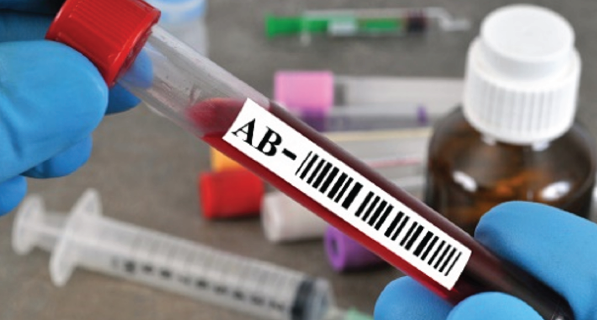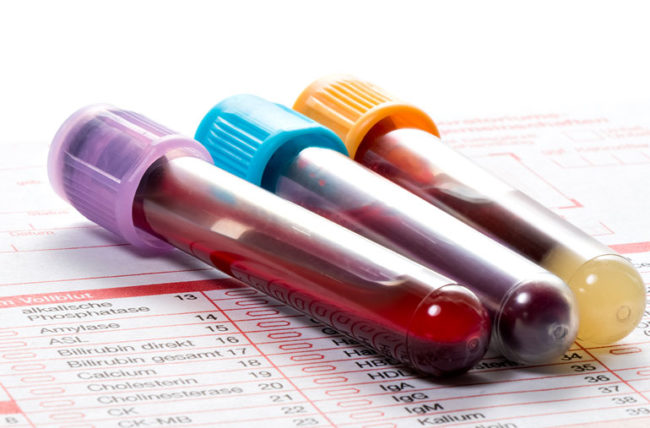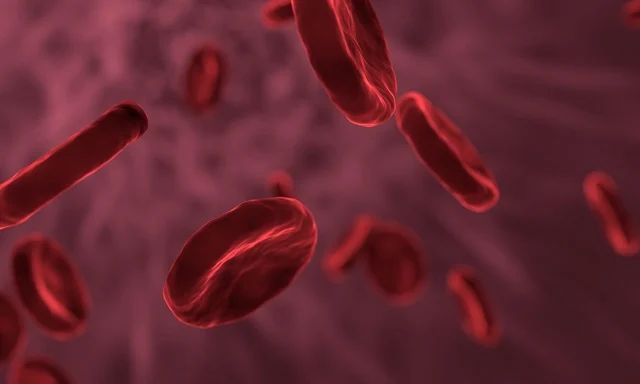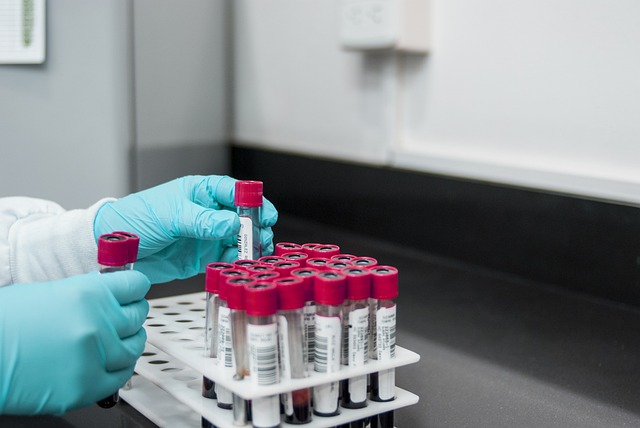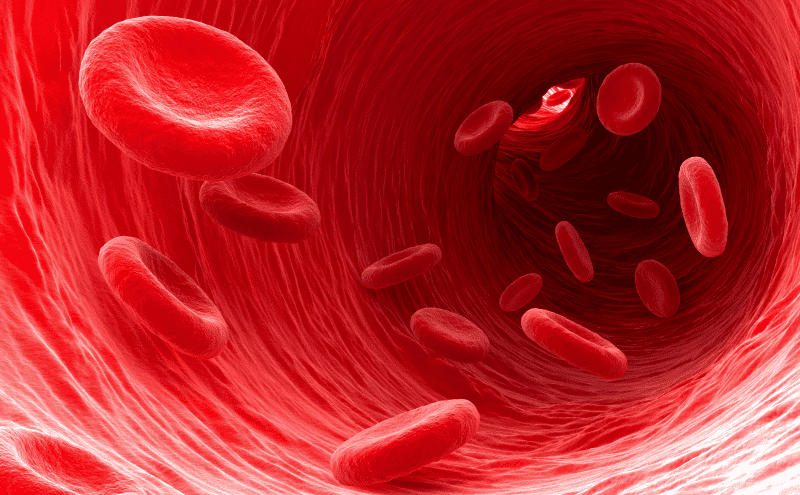Do you know that not all blood types are common? While most people are familiar with the ABO and Rh blood group systems, there are several rare blood groups that exist. These rare blood groups, with their unique characteristics and challenges, play a crucial role in medical treatments and transfusions. In this article, we will explore the world of rare blood groups, their significance, and the considerations involved. So, let’s dive in!
Introduction
Blood is a vital component of our bodies, carrying oxygen, nutrients, and immune cells throughout our system. It is classified into different types based on the presence or absence of certain antigens on the surface of red blood cells. The two most common blood group systems are the ABO system and the Rh system. However, there are other lesser-known blood groups that are considered rare.
Understanding Blood Groups
ABO System
The ABO system categorizes blood into four major types: A, B, AB, and O. These types are determined by the presence or absence of A and B antigens on red blood cells. Additionally, the blood plasma contains antibodies against the antigens not present on the individual’s own red blood cells.
Rh System
The Rh system determines whether an individual’s blood is Rh-positive or Rh-negative, based on the presence or absence of the Rh(D) antigen. Rh-negative blood is relatively rare compared to Rh-positive blood.
Increased Risk of Transfusion Reactions
Individuals with rare blood groups are more susceptible to transfusion reactions. The presence of uncommon antigens or the absence of certain antigens can trigger immune responses in the recipient’s body, leading to complications during and after the transfusion.
Importance of Blood Donations for Rare Blood Groups
Regular blood donations are crucial for maintaining an adequate supply of blood for individuals with rare blood groups. By donating blood, individuals with rare blood types can contribute to building specialized blood banks and registries, ensuring a readily available supply of compatible blood for those in need.
Testing for Rare Blood Groups
Accurate and comprehensive testing is essential for identifying and confirming rare blood groups. Advanced laboratory techniques are employed to detect the absence or presence of specific antigens, allowing for proper classification and characterization of the blood type.
Clinical Significance of Rare Blood Groups
Rare blood groups can have clinical significance beyond transfusions. Some rare blood types are associated with an increased risk of certain diseases or conditions. Research is ongoing to explore the potential connections between rare blood groups and various health implications.
Blood Group Compatibility Chart
A blood group compatibility chart helps medical professionals determine the compatibility between different blood types during transfusions. It provides guidance on which blood types are compatible and which should be avoided to prevent adverse reactions.
blood type o Registries
To address the challenges faced by individuals with common blood group, various registries and databases have been established worldwide. These registries collect information about individuals with rare blood rajkotupdates.news:emm-negative-rare-blood-group-found-in-rajkot-man-11th-such-case-worldwide, facilitating the matching process and improving access to compatible blood units.
rarest blood types
Definition and Importance
golden blood type are those that occur in a significantly lower percentage of the population compared to common blood types. While they might not be well-known, they hold immense importance in specific medical situations, particularly when blood transfusions are required.
Types of Rare Blood Groups
There are several types of rare blood groups, including:
- Duffy blood group
- Kell blood group
- Kidd blood group
- MNS blood group
- Diego blood group
- Xg blood group
Each of these blood groups has unique antigens and antibodies associated with them, making them distinctive and often challenging to match for transfusions.
Characteristics of Rare Blood Groups
Low Prevalence
One defining characteristic of rare blood groups is their low prevalence in the general population. This scarcity makes it difficult to find compatible donors, especially in emergency situations.
Unique Antibodies
Individuals with rare blood groups often develop antibodies against antigens present in common blood types. This further limits the pool of compatible blood donors, as their blood can trigger adverse reactions if transfused to someone with different antigens.
Blood Donation Challenges
Due to the rarity and limited awareness of these blood groups, it becomes crucial to educate people about their existence and encourage blood donations from individuals with rare blood types.
Medical Considerations
Blood Transfusions
In emergency situations or medical procedures requiring blood rajkotupdates.news:emm-negative-rare-blood-group-found-in-rajkot-man-11th-such-case-worldwide, finding compatible blood becomes crucial. Individuals with rare blood groups face additional challenges in receiving timely and suitable transfusions due to the limited availability of compatible donors.
Pregnancy and Rare Blood Groups
Pregnant women with rare blood groups face certain risks, especially if their baby’s blood type is incompatible with theirs. This can lead to complications during pregnancy and childbirth, requiring careful monitoring and medical interventions.
What is a Rare Blood Group?
A rare blood group refers to a blood type that is uncommon and not found in the majority of the population. These blood groups are typically characterized by the absence of certain antigens or the presence of unusual antigens. Individuals with rare blood groups may face difficulties in finding compatible blood donors during transfusions.
Types of Rare Blood Groups
There are several types of rare blood group, each with its own unique characteristics. Let’s explore some of the most notable ones:
Type 1: Rh Null Blood
Rh null blood is an extremely rare blood type characterized by the absence of all Rh antigens. This means that individuals with Rh null blood can safely receive blood from any Rh blood type, but they can only donate to individuals with the same blood type. Rh null blood is often referred to as the “Golden Blood” due to its rarity and universal compatibility.
Type 2: Bombay Blood Group
The Bombay blood group, also known as the hh blood rajkotupdates.news:emm-negative-rare-blood-group-found-in-rajkot-man-11th-such-case-worldwide, is another rare blood type. Individuals with the Bombay blood group lack the H antigen, which is essential for the formation of ABO blood groups. As a result, they cannot be categorized into the common blood groups like A, B, AB, or O. Finding compatible blood for individuals with the Bombay blood group can be extremely challenging.
Type 3: Junior Blood Group
The Junior blood group is a rare blood type associated with a specific antigen called Jr(a). Individuals with the Junior blood group can produce antibodies against Jr(a) if they come into contact with it, which can complicate blood transfusions. Careful matching and screening are necessary to avoid adverse reactions.
Prevalence of universal blood type
most common blood type are, by definition, present in a small percentage of the population. The prevalence of these blood types varies across different regions and ethnicities. For example, the Rh null blood type is estimated to occur in less than 1 in a million people worldwide. The Bombay blood group is also extremely rare, with a higher prevalence in certain populations like the Parsi community in India.
Challenges in Blood Transfusions for Rare Blood Groups
Transfusions for individuals with rare blood groups present unique challenges compared to those with more common blood types. Some of the challenges include:
Limited Blood Supply
Due to the rarity of certain blood types, the availability of compatible blood units can be limited. This scarcity poses a significant challenge in emergency situations where immediate transfusions are required.
Finding Compatible Donors
Finding compatible blood donors for individuals with most common blood type can be a complex and time-consuming process. Extensive testing and matching are necessary to ensure the blood is compatible and minimize the risk of adverse reactions.
Rare Blood Group Testing
Screening Tests
Testing for rare blood groups involves conducting specialized screening tests to identify the presence of unique antigens and antibodies. These tests help determine an individual’s blood type and enable healthcare professionals to provide appropriate care during medical procedures.
Confirmatory Tests
In cases where is o negative blood rare are detected or suspected, confirmatory tests are performed to validate the results and identify specific antigens and antibodies present. Confirmatory testing ensures accurate classification of blood types for transfusion purposes.
Managing Rare Blood Groups
Finding Compatible Blood
Finding compatible blood for individuals with rare blood groups can be a challenging task. Blood banks and medical institutions maintain databases of rare blood donors to facilitate timely access to suitable transfusions. It is essential to raise awareness about the importance of rare blood group donations to ensure a steady supply for those in need.
Support Groups and Resources
People with rare blood groups can benefit from connecting with support groups and online communities dedicated to rare blood types. These platforms provide a space to share experiences, exchange information, and offer support to one another.
Conclusion
In conclusion, rare blood groups play a significant role in medical treatments, transfusions, and pregnancies. Their low prevalence and unique characteristics pose challenges in finding compatible blood donors. By increasing awareness, promoting blood donations, and providing support, we can ensure that individuals with rare blood groups receive the care and transfusions they need. Together, let’s recognize the importance of these rare blood types and contribute to saving lives.
FAQs
Q: How common are rare blood groups?
A: Rare blood groups occur in a significantly lower percentage of the population compared to common blood types.
Q: Can individuals with rare blood groups donate blood?
A: Yes, individuals with rare blood groups can donate blood, especially for those who share the same blood group.
Q: Are rare blood groups more prone to certain diseases?
A: There is no evidence suggesting that individuals with rare blood groups are more prone to specific diseases.
Q: Can rare blood groups change over time?
A: No, an individual’s blood group remains constant throughout their life.
Q: How can I find out my blood type if it’s rare?
A: Medical professionals can conduct specialized tests to determine your blood type, including rare blood groups.

